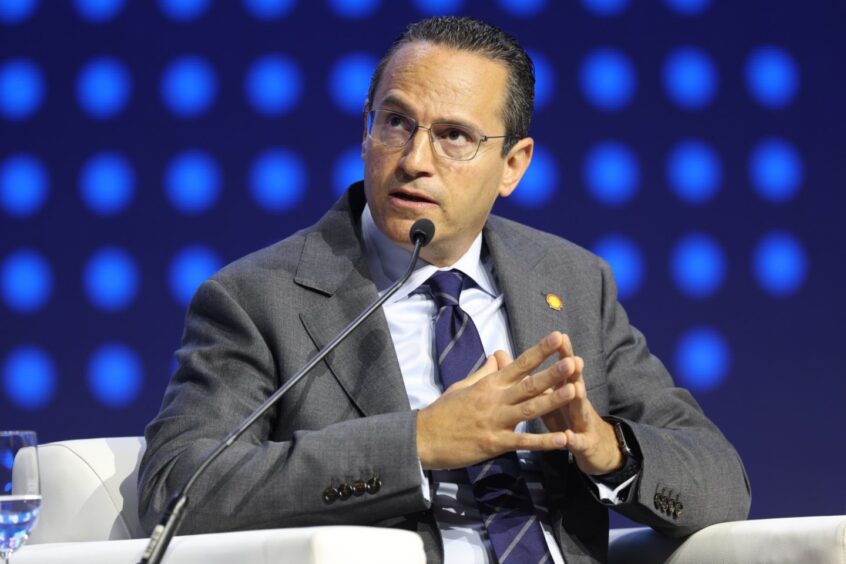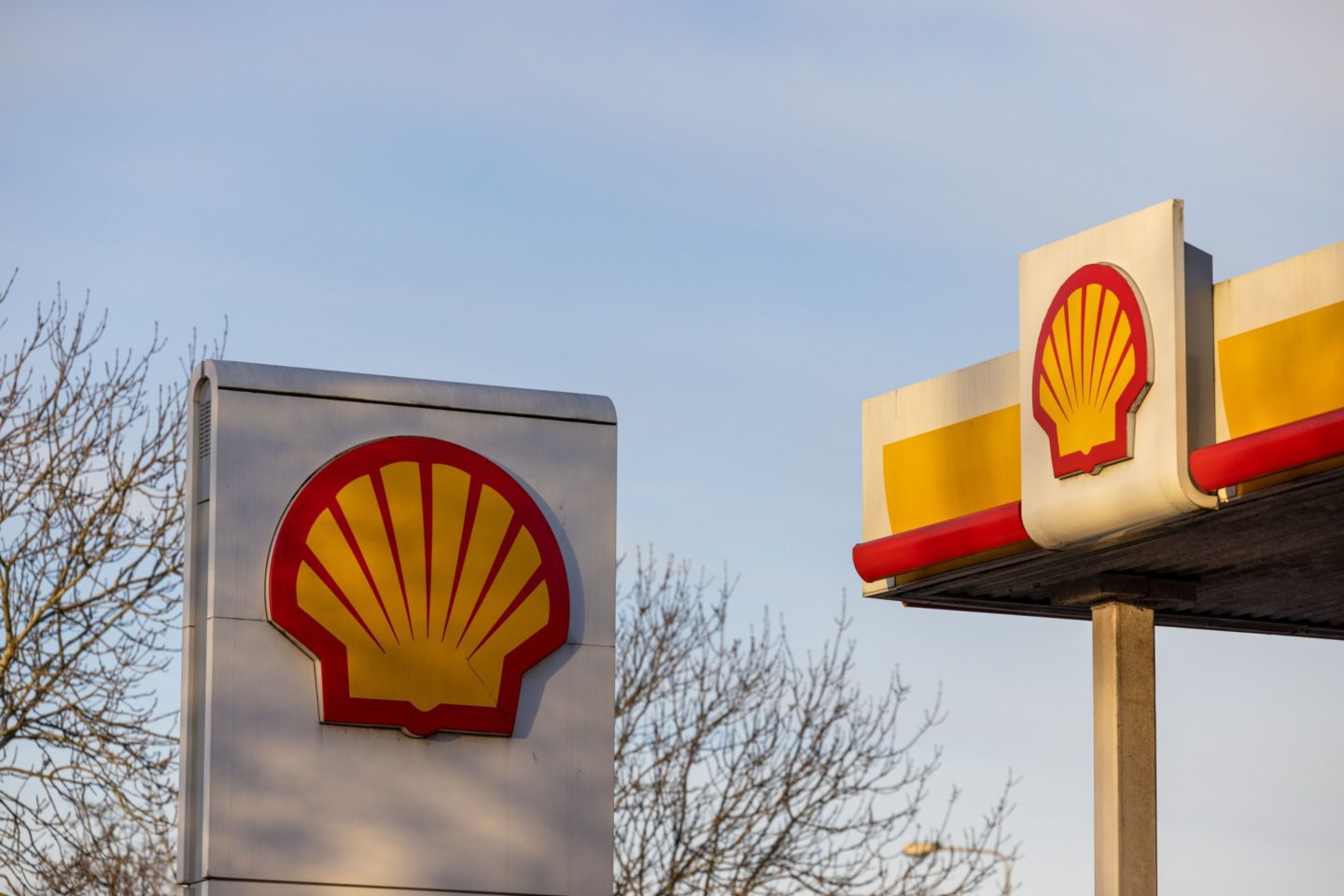
Shell (LON: SHEL) CEO Wael Sawan will meet with employees later this month to discuss his clean energy strategy amid internal anxiety over the decision to put a greater share of investment into fossil fuels.
Sawan has faced a backlash from environmentalists for placing shareholder returns at the heart of his strategy and renewing focus on the core oil and gas business. While many staff have been supportive of this approach, he’s facing resistance from others, especially those working in the Renewables and Energy Solutions division, according to Shell employees who spoke on condition of anonymity.
Sawan invited staff to join a virtual meeting titled “A Conversation With Wael” on Oct. 17 to “deepen our conversation on the opportunities and dilemmas we face as we position Shell to win in the energy transition,” according to an invitation seen by Bloomberg. He encouraged employees to share questions and comments on an internal forum ahead of the gathering.
In response, one employee wrote that the company’s approach, in which it takes the lead from its customers, “is difficult for me to justify to my kids,” according to posts seen by Bloomberg. Another expressed concern that recent asset sales “aligns Shell more with the company of yesterday rather than a company of tomorrow.” Others asked how Shell’s strategy now fits its own and the United Nations’ climate targets, the posts show.
Several staff members also posted comments on the forum that were supportive of the approach Sawan set out at Shell’s capital markets day in June.
“We appreciate that our staff are engaged in and have passion for both the energy transition and Shell,” a company spokesperson said. “That is important and we welcome an open dialogue.”
Culture Shift
Sawan, who took over as CEO from Ben van Beurden earlier this year, has said that Shell must undergo a “fundamental culture shift” to regain investor confidence. He has also stated that the company needs a “ruthless” focus on capital allocation and should only invest in low-carbon operations that have a clear pathway to profitability.
“We need to be able to cover our cost of capital and make a return for our shareholders,” Sawan said earlier this week in a conference in Abu Dhabi.
Shell hasn’t changed its commitment to achieve net zero emissions by 2050, the spokesperson said. “By focusing on performance, discipline and simplification, Shell will improve its value and in doing so, enable us to more effectively invest in low- and zero-carbon activities.”
Investors have warmed to Sawan and his strategy, helping to narrow the valuation gap between Shell and US peers Exxon Mobil Corp. and Chevron Corp. The London-based company is the best performer among the five supermajors this year with a return of about 15% including dividends, compared to 6% for Exxon and a 8% decline for Chevron, according to data compiled by Bloomberg.
Activist investor Dan Loeb, who previously called for Shell’s breakup, has praised the company and its new leadership for having “demonstrated an unwavering commitment to shareholder value, capital discipline, and improved returns.”
Yet an open letter by two staff members that was posted on an internal Shell message board last month showed that Sawan still has a way to go to get everyone fully on board with his vision. The letter, first reported by Reuters, expressed concern that the company was turning away from its ambition to be a leader in the energy transition, according to Shell employees.
The authors of the letter both work in the company’s low-carbon division, where there is significant anxiety over the future direction and potential for job cuts, according to Shell employees. Sawan has previously said that there will not be a wide workforce reduction beyond job losses associated with divestments.
The biggest asset sale so far has been Shell’s home energy retail business in the UK and Germany, which will result in about 1,800 employees leaving the company for Octopus Energy Ltd. Shell had 93,000 employees as of the end of 2022, about 50% more than Exxon despite having less than half the market value of its US rival.

